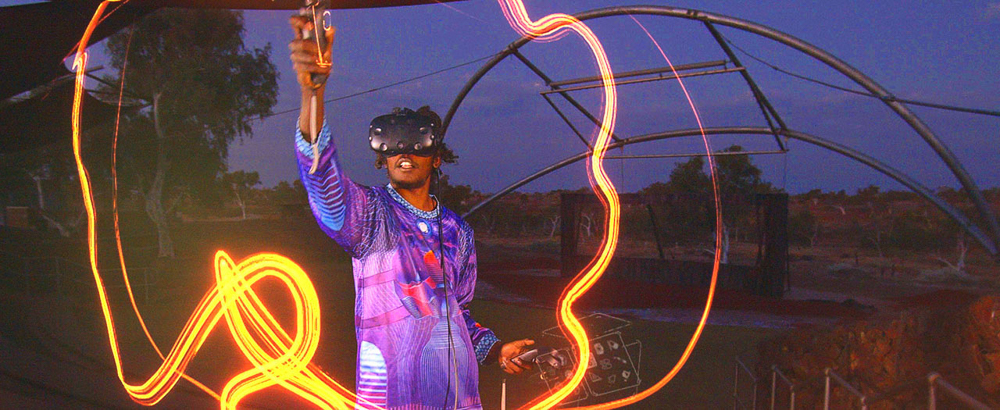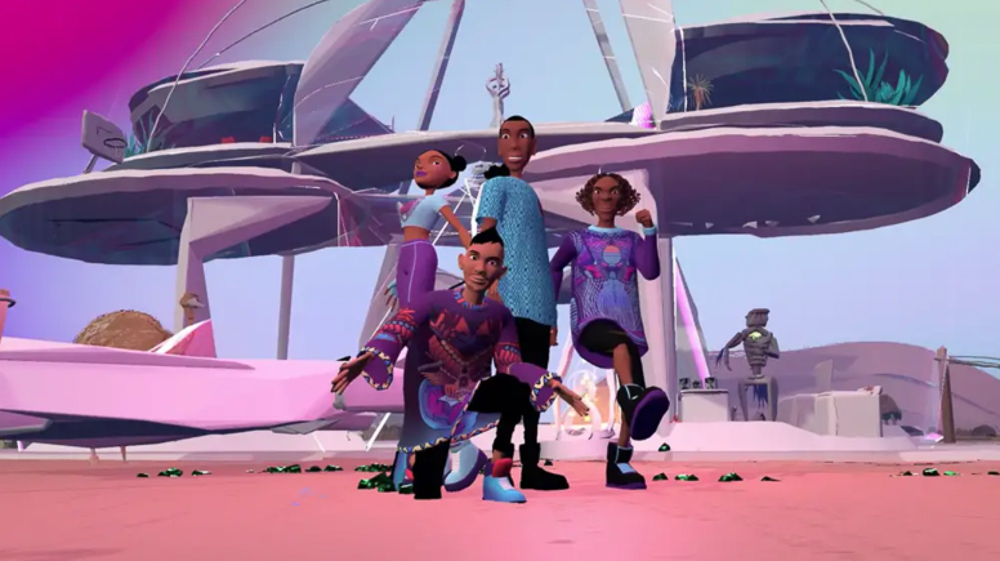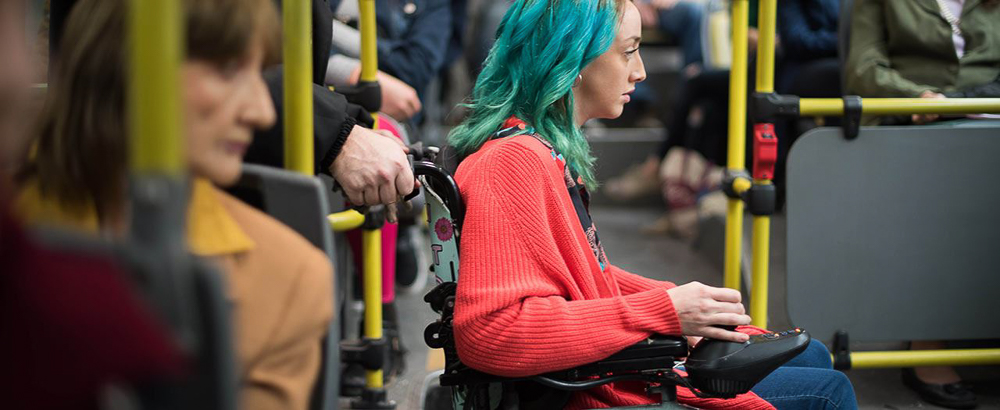Melbourne International Film Festival VR Program
Arts House and the Melbourne International Film Festival have also announced a new partnership focused on experimentation, new technologies and untold stories, supporting the incredible artists, filmakers and VR experts at the festival this year.

MIFF VR has been an integral part of the festival experience since 2016, delivering the very best of virtual reality storytelling, bringing game-changing artists to Melbourne, championing emerging voices, and pushing the boundaries of new and exciting technologies. The VR program supports artists to push boundaries in the pursuit of creative expression and brings innovative and compelling works at the intersection of technology and storytelling to audiences in our digitised world.

An overview of the VR titles within the program is attached, headlined by the 3D VR experience The Waiting Room from creators Molly Reynolds, Rolf de Heer and Mark Eland, which ruminates on humanity, on its creativity and its destructiveness, and invites participants to consider a deep, meditative engagement.
We are sent back in history, to the politically charged trial of a South African anti-apartheid activist in Accused #2: Walter Max Sisulu and to the historic 1968 US Open win of African American US tennis champion and civil rights activist Arthur Ashe in Ashe ’68.
War is also captured in VR this year, through the WWI trenches in 11.11.18 ten minutes before peace is declared, and more recently in Children Do Not Play War which tells the survivor stories of children in Uganda under the rule of Joseph Kony.

Whilst some VR experiences are focussed on immersing us in the past, others look to the future, with Afterimage for Tomorrow taking us to a time where our memories can be recorded and stored for playback and Future Dreaming bringing to life the future dreams of four Australian Aboriginal youth by prototyping their future.
VR puts us in situations that might be unfamiliar to us – in Passenger we are in a taxi driven by a new immigrant to Australia, revealing the strangeness of being in a new country, whilst we see through the eyes of a falsely imprisoned ex-convict as he adjusts to life outside prison in Send Me Home. We are also put in the shoes of a wheelchair user heading out on a blind date in 4 Feet: Blind Date showing a different perspective of a situation familiar to most.
